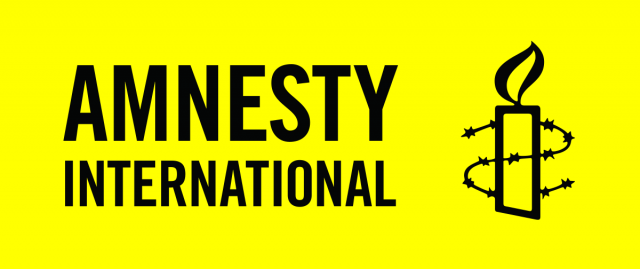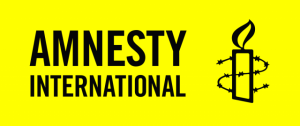Amnesty International: Borderization Severely Violates Human Rights in Georgia
"Russia’s and the de facto authorities’ attempts to physically demarcate a boundary between the breakaway territories of Abkhazia and South Ossetia/Tskhinvali Region and the rest of Georgia have led to severe restrictions on freedom of movement and other human rights violations, with families separated by barbed wire, cut off their livelihoods and at risk of arbitrary detention if they try to cross," Amnesty International said in a new report today.
Russian forces have been stationed in both Abkhazia and South Ossetia/Tskhinvali Region without the consent of Georgia since the August 2008 conflict.
“In 2011, Russian forces started the so-called 'borderization' process to turn the Administrative Boundary Line (ABL) — what was often just dotted lines on a map — into a physical barrier separating Abkhazia and South Ossetia/Tskhnivali Region on the one hand, and Georgian-controlled territory on the other. Russia exercises effective control over Abkhazia and South Ossetia/Tskhinvali Region, and as such must respect its obligations under international humanitarian law and uphold human rights in these territories,” the report reads.
Amnesty International says in the new report the “borderization” has resulted in the closure of several official crossing points between Georgia proper and South Ossetia/Tskhinvali Region and Abkhazia.
“The ‘borderization’ has had a pernicious impact on what was once active cross-boundary trade. It has seriously eroded the social and economic situation in communities straddling the divide, as local producers have lost access to the nearest markets,” the report reads.
The report tells the tragic stories of Georgian people living in the breakaway regions, for instance, that of an 85 year-old man from the village of Khurvaleti which was divided during the “borderization” process, seeing the man now separated from the rest of his family and friends.
“Russian border guards came to my house and told me it is no longer Georgia. The same day they started installing fences around my yard. I can no longer access the rest of the village, or the rest of the country,” he told Amnesty International.
The new report also reveals the story of a 71-year-old-farmer living in the village of Gugutiankari near the South Ossetian/Tskhinvali Region ABL, who has had to depend on social benefits since 2017 after he lost access to his apple orchard.
“Every year I used to harvest more than a hundred boxes of apples from my orchard and sell them. The profit was enough for my family to survive. Since 2017, I haven't had access to my garden. Russian border guards installed a state border sign there. I still pass by sometimes to take a look at my apple trees through the fence,” he told Amnesty International.
Amnesty International calls on Georgia to provide relevant support to the families whose economic, social and cultural rights have been negatively impacted because of the “borderization”, including those who have lost access to their livelihoods.
The report is based on some 150 testimonies collected during field trips to Georgia in March and July 2018, and June 2019. Amnesty International wrote to the Russian government, the de-facto authorities in Abkhazia and South Ossetia/Tskhinvali Region, and the government of Georgia with a summary of its findings and human rights concerns, presenting them with an opportunity to respond and to have their input reflected in the report.
According to the official website, Amnesty International only received a response from Georgia.
Amnesty International is a London-based non-governmental organization focused on human rights. The organization says it has more than seven million members and supporters around the world.
By Ana Dumbadze












